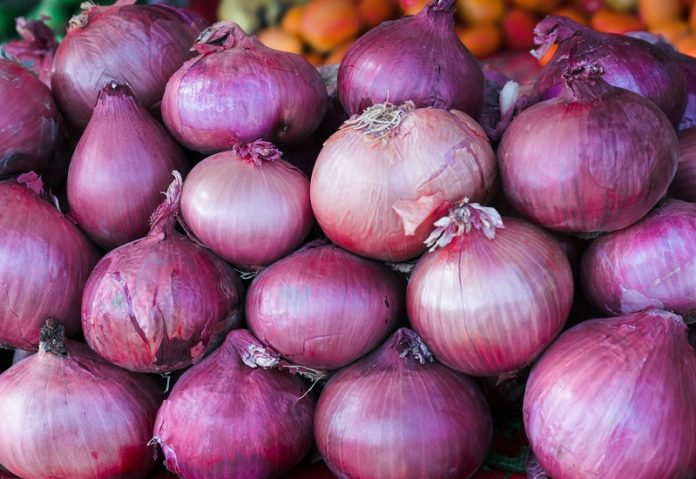
In a surprising new study, scientists from the University of Bonn have discovered that red onion skins—something most people throw away—might actually help lower high blood pressure. This natural remedy could offer new hope, especially for people who are overweight or obese and struggle to manage their blood pressure with traditional treatments.
The key ingredient behind this discovery is a natural compound called quercetin. Quercetin is found in many fruits and vegetables, including capers, kale, and especially red onions.
It gives these foods a slightly bitter taste and is already used in some health supplements and drinks because of its potential benefits. Previous research has suggested that quercetin may help the heart by lowering blood pressure, but the latest study offers stronger evidence to support this idea.
In this new research, 70 participants with high blood pressure were divided into two groups. Everyone in the study was either overweight or obese, which is important because these groups are at higher risk for heart problems.
One group took a daily supplement containing 162 milligrams of quercetin made from red onion skins. The other group took a placebo—a pill with no active ingredients. This went on for six weeks.
To measure the effects, the researchers used two types of blood pressure checks. One was the usual method done in a doctor’s office, and the other was ambulatory blood pressure monitoring, which tracks blood pressure throughout the day and night while people go about their normal routines.
The results were encouraging. The group that took the quercetin supplement showed a noticeable drop in blood pressure, both during the day and while sleeping. The placebo group did not experience the same improvement.
Interestingly, quercetin didn’t seem to affect other health markers like cholesterol, blood sugar, or inflammation—it mainly helped with blood pressure.
This means quercetin might be a helpful natural addition for people trying to control their blood pressure, especially those at higher risk due to weight. A daily dose of 162 mg could make a meaningful difference, according to the researchers.
Still, they point out that this is just one study, and more research is needed to confirm the results and understand how quercetin works over the long term.
This finding adds to a growing number of studies looking at natural ways to lower blood pressure. Other research has shown that drinking certain types of tea, taking herbal supplements, reducing added sugar, or increasing vitamin D might also help, especially in people with other health conditions like diabetes.
The quercetin study, led by Verena Brüll and her team, was published in the British Journal of Nutrition. It shines a light on the potential of everyday natural ingredients in supporting heart health.
For people living with high blood pressure, it’s a reminder that helpful solutions can sometimes come from unexpected places—even something as simple as the outer layer of a red onion.
If you care about blood pressure, please read studies about unhealthy habits that could increase high blood pressure risk, and people with severe high blood pressure should reduce coffee intake.
For more information about blood pressure, please see recent studies that early time-restricted eating could help improve blood pressure, and results showing plant-based foods could benefit people with high blood pressure.
Copyright © 2025 Knowridge Science Report. All rights reserved.



